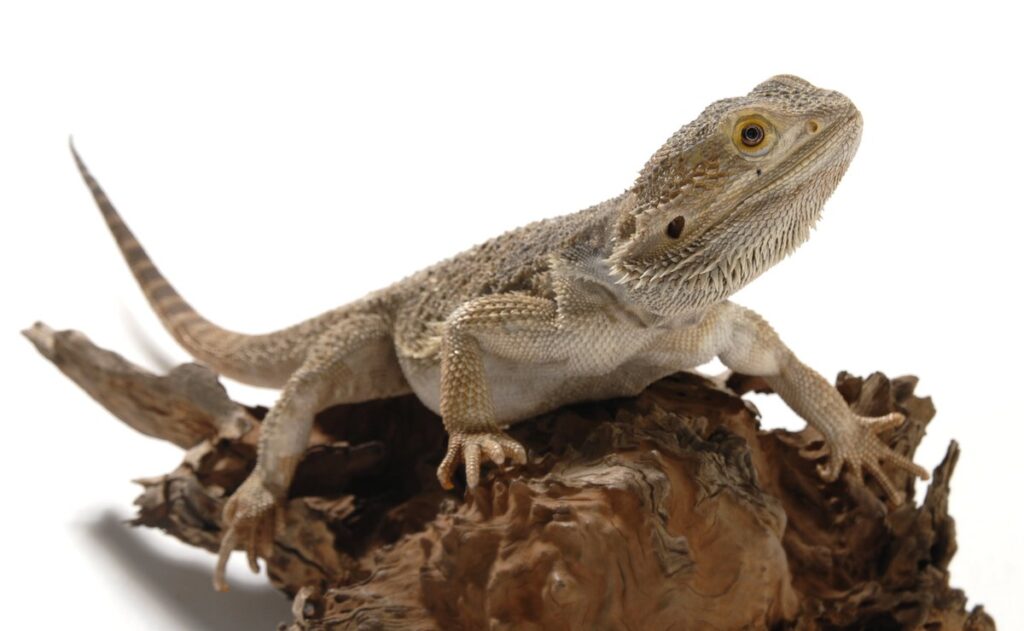
Posts page
Understanding 11 Unique Cat Behaviors







1. Cats Are Independent Animals
- Time Alone: Cats love having their own space. Unlike dogs, they don’t need constant companionship and prefer quiet places to rest and relax.
- Dislike Being Forced: When feeling down or uninterested, cats tend to avoid interaction. Forcing them to cuddle can lead to irritation or even defensive reactions.
2. Cats Are Territorial Creatures
- Strong Territorial Instincts: Cats are highly protective of their territory and often mark it with their scent by rubbing against furniture or scratching objects.
- Sensitive to Environmental Changes: Changes like moving or introducing new pets can stress them out, and they need time to adjust.
3. Cats Are Natural Hunters
- Hunting Instincts: Even domesticated cats have a natural urge to chase and capture, whether it’s a toy, laser pointer, or a bug.
- Preferred Hunting Times: Cats are most active at dusk and dawn, the prime hunting times for their wild ancestors.
4. Cats Express Emotions Through Body Language
- Tail:
- Tail upright: Friendly and happy.
- Tail flicking or lashing: Annoyed or angry.
- Ears:
- Forward-facing: Relaxed and curious.
- Flattened or pinned back: Nervous or scared.
- Eyes:
- Slow blinking: Trust and relaxation.
- Unblinking stare: May feel threatened.
5. Cats Communicate Through Scent
- Rubbing on People and Objects: Cats rub their faces on you or furniture to mark them with their scent, claiming them as familiar.
- Sniffing New Smells: They are highly sensitive to unfamiliar scents and will investigate any new item or person thoroughly.
6. Cats Love High Places
- Feeling of Safety: Being in high spots makes cats feel secure, allowing them to observe their surroundings and avoid threats.
- Provide Climbing Spots: A cat tree or shelves can satisfy their need to climb and jump indoors.
7. Cats Thrive on Routine
- Eating Habits: Cats prefer being fed at the same times daily. Irregular feeding schedules can cause them anxiety.
- Sleeping Habits: Cats sleep 12-16 hours a day and prefer a quiet, cozy spot for napping.
8. Cats Are Obsessed with Cleanliness
- Self-Grooming: Cats spend a significant part of their day grooming themselves to stay clean.
- Clean Litter Box: Cats demand a clean litter box. If it’s dirty, they might refuse to use it.
9. Cats Love Play, but Moderation Is Key
- Simulating Hunting: Games like chasing, pouncing, and catching mimic hunting behavior and keep them entertained.
- Don’t Overdo It: If your cat walks away or stops playing, it might be tired or uninterested.
10. Cats’ Sounds Have Special Meanings
- Meowing:
- Short, soft meows: A greeting or happy mood.
- Loud, persistent meows: Hunger, loneliness, or wanting attention.
- Purring: Cats purr when they’re relaxed and content, but sometimes they purr to comfort themselves when stressed.
11. Cats Form Bonds with Their Owners
- Showing Affection: Cats express love by rubbing against you, sitting near you, or gifting you items (like a toy or a “catch”).
- Building Trust: It takes time for a cat to trust you. Be patient and let them approach you on their terms.















